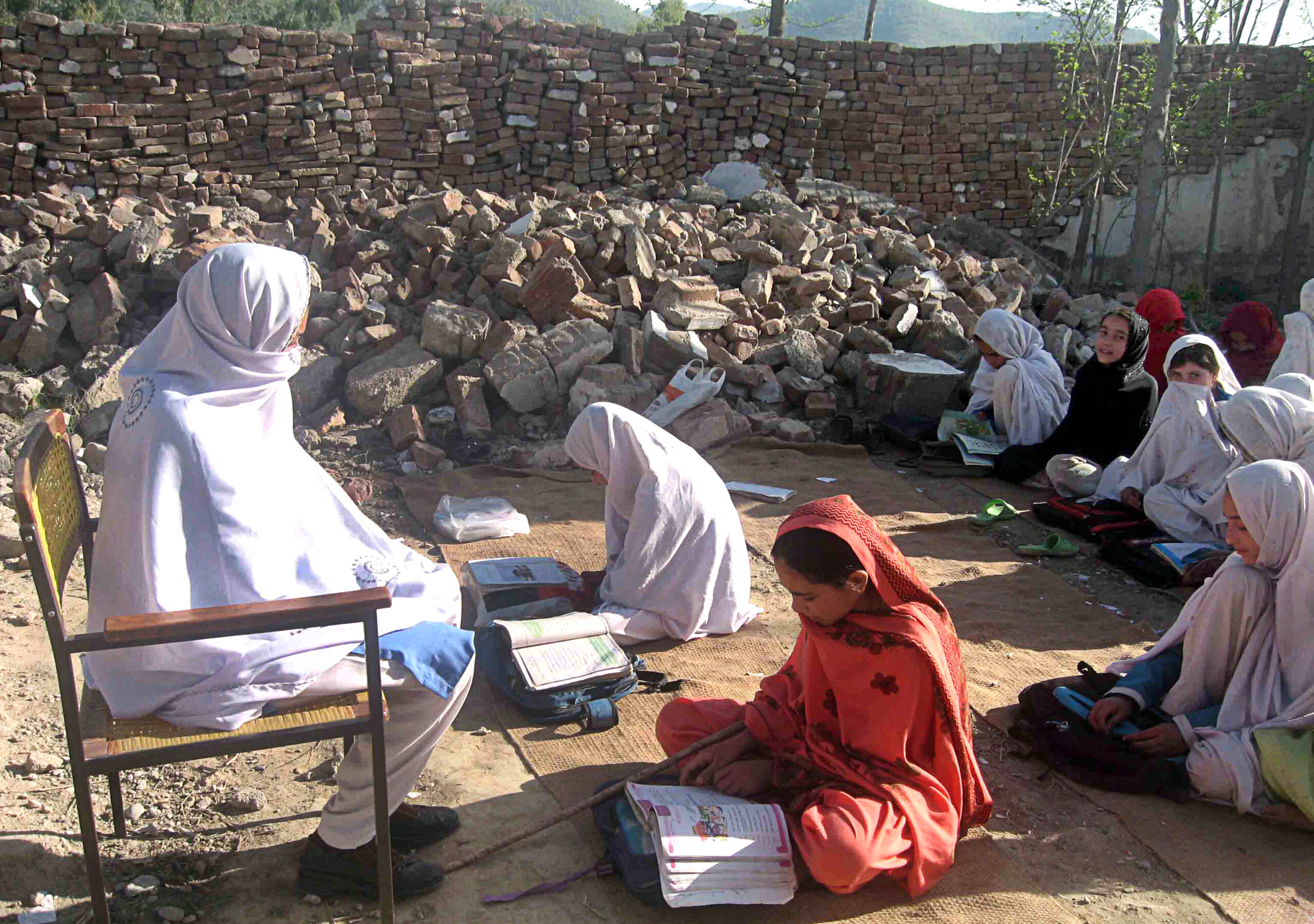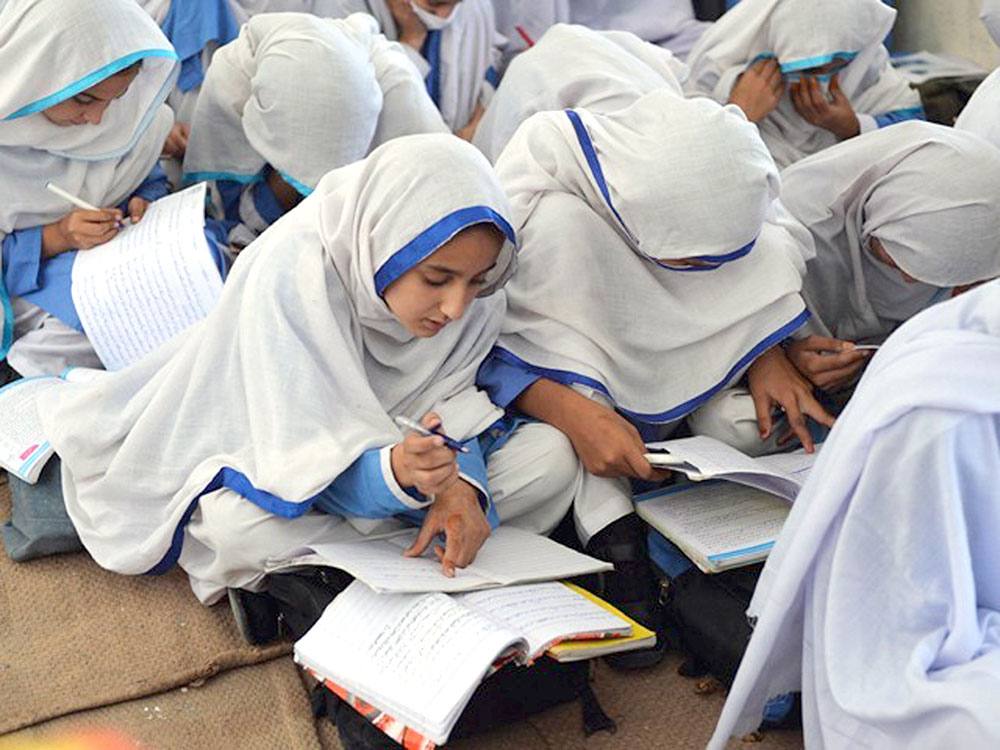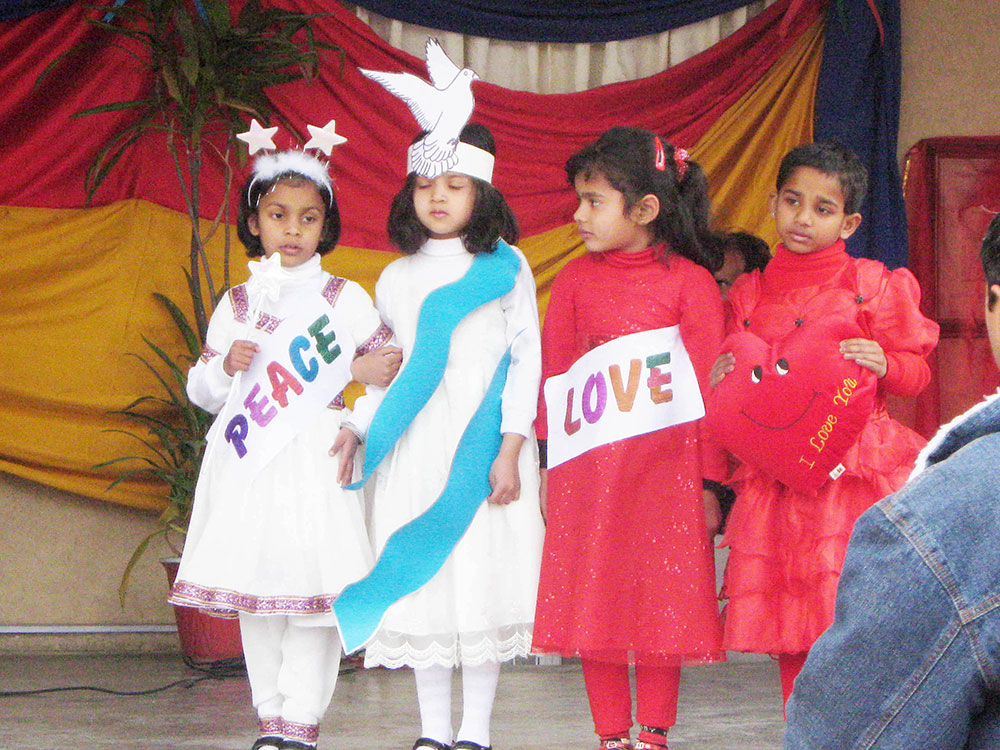In a joint statement issued in Lahore, Chairperson of Catholic NCJP, Archbishop Lawrence John Saldanha, and Peter Jacob, the Executive Secretary, said that this is not a lone incident of violence, because the domestic servants are usually subjected to extreme violence. Identifying the growing poverty and unemployment as the primary contributor to this situation,” they demanded that the Government “proceed with legislation on the ‘Domestic Violence Bill’ immediately.” For example, in the Sialkot District (which, in 2009, was the site of anti-Christian violence), where thousands of Christian families live and work, there are children who work in the production of balls, shoes, clay bricks, and carpets destined for Western markets. The sports balls, in particular, made for the major brands of sports goods, are the work of 5,000 Pakistani children, who constitute 80% of the workers. In the past, the murder of the young Iqbal Masih, sold by his father to a carpet manufacturer when he was 4 years old, drew public attention to children working in Pakistan. Killed at age 12, after having told his story, along with that of his young friends, to a union leader, Iqbal has become a kind of symbol. The reality of child labor in Pakistan has other consequences: the infant mortality rate for children under five years is 136 per thousand and the illiteracy rate reaches 62%. Twenty-one percent of boys are not even registered in an elementary school and the same goes for 50% of girls.





